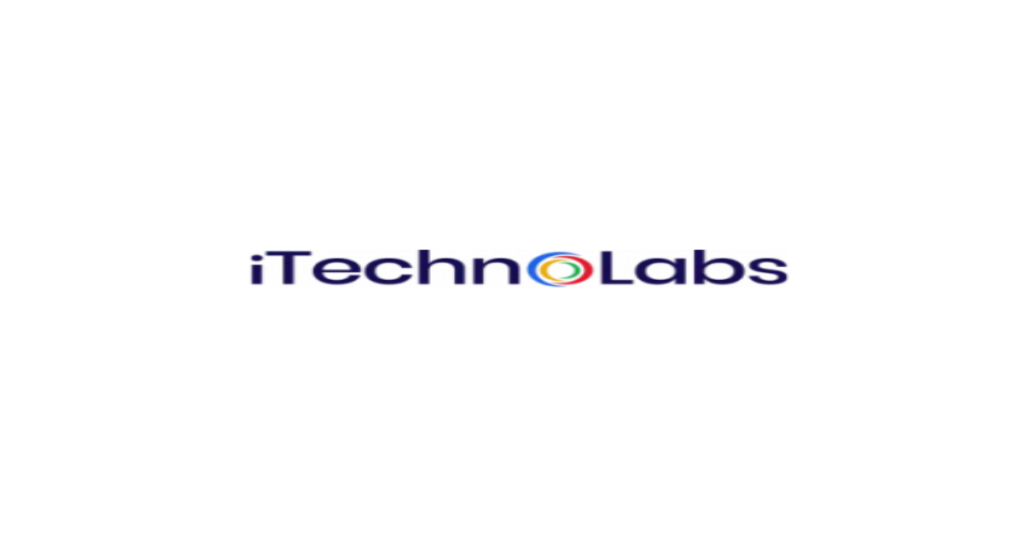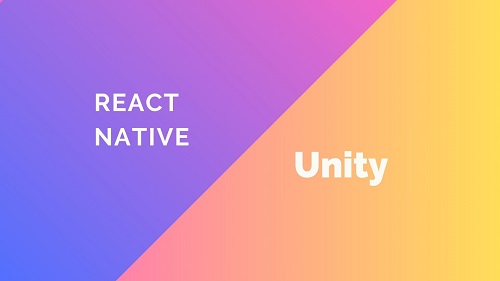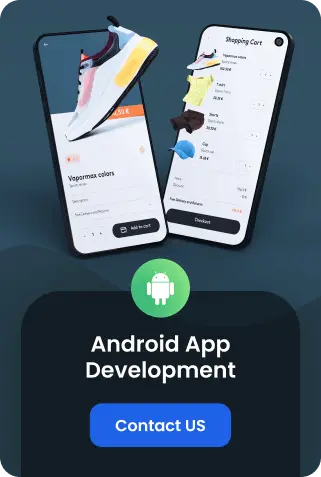In an ever-evolving app development industry, selecting an effective framework is of critical importance. React Native and Unity stand out as major contenders, both offering specific advantages. Experienced or novice developers alike must understand both the framework’s benefits and weaknesses to make an informed decision; in this post we’ll go through their fundamental features so you can select which best meets the requirements for their projects.
An In-Depth Overview of React Native
React Native is a JavaScript-based mobile app framework that allows you to create natively rendered iOS and Android mobile apps additionally it boasts an expanding developer community as well as pre-built components – providing compelling solutions for cross-platform mobile app development.
Introduction to Unity
Unity started out as an open-source game engine and has grown its capabilities beyond gaming to include non-gaming apps as well. Unity’s impressive rendering capabilities and its ability to render as a 2D and 3D makes it an ideal choice for creating immersive and engaging gaming experiences.
The versatility of Unity’s platform covers a range of devices including mobile devices, desktops to VR and AR and makes it an ideal option for creating applications that can transcend the boundaries of one platform.
Comparing Key Factors:
Cost and Development Speed Comparison:
React Native is distinguished from Unity by the ease with which code can be written once and implemented across both iOS and Android platforms at once, greatly decreasing both development time and costs. On the contrary, Unity gives more access to users through user-facing features, providing highly tailored user experiences; but at a longer development cycle time and potential higher prices.
User Interface and Graphics:
Unity excels at crafting visually striking and intuitive user experiences, making it the go-to option for 3D applications and games. React Native offers more functional design for traditional app interfaces – offering smoother experiences in comparison.
Community and Ecosystem:
React Native is home to an engaged and vibrant developer community, offering regular updates as well as numerous open source libraries that make rapid feature and enhancement development possible.
Unity also boasts an active developer group but tends to cater more towards gaming applications; non-gaming applications may find less resources compared to React Native.
Performance:
Unity’s rendering abilities make it the superior choice for graphics-intensive apps; React Native may face performance constraints with complex 3D graphics or simulations.
Selecting an Appropriate Framework:
Consider these factors when making an informed decision:
Project Types:
Unity is ideal if your goal is to develop an interactive 3D game or simulation; otherwise React Native may provide better efficiency and cross-platform compatibility than Unity.
Assess the Skills and Expertise of Your Development Team:
Evaluate the skills and expertise of your development team before selecting one or another technology stack; JavaScript or React Native developers could accelerate development faster; however Unity developers offer superior graphics performance as well as interactivity for projects requiring advanced graphics or interactivity features.
Budget and Timelines:
When setting budget constraints and project timelines, React Native can often offer more cost-efficient development processes while Unity may demand larger time and resource investments.
Target Platforms:
When developing for multiple platforms, React Native’s cross-compatibility may prove invaluable; on the other hand, Unity might prove overkill if your app only targets mobile devices.
Conclusion:
With app development, no single solution exists that fits every project need and every budget and timeline. Your choice between React Native and Unity should depend upon project requirements, team expertise, budget constraints and timeline considerations – in short both frameworks have their own strengths and weaknesses that should inform your choice based on individual project goals.
Are You Searching For React Native App Development Company to Bring Your Cross-Platform App Ideas to Life? Partner With Experts Today If so, teaming with an organization who possess in-depth expertise regarding React Native can be the key to crafting user-friendly, cost-efficient mobile applications that maximize its power.






